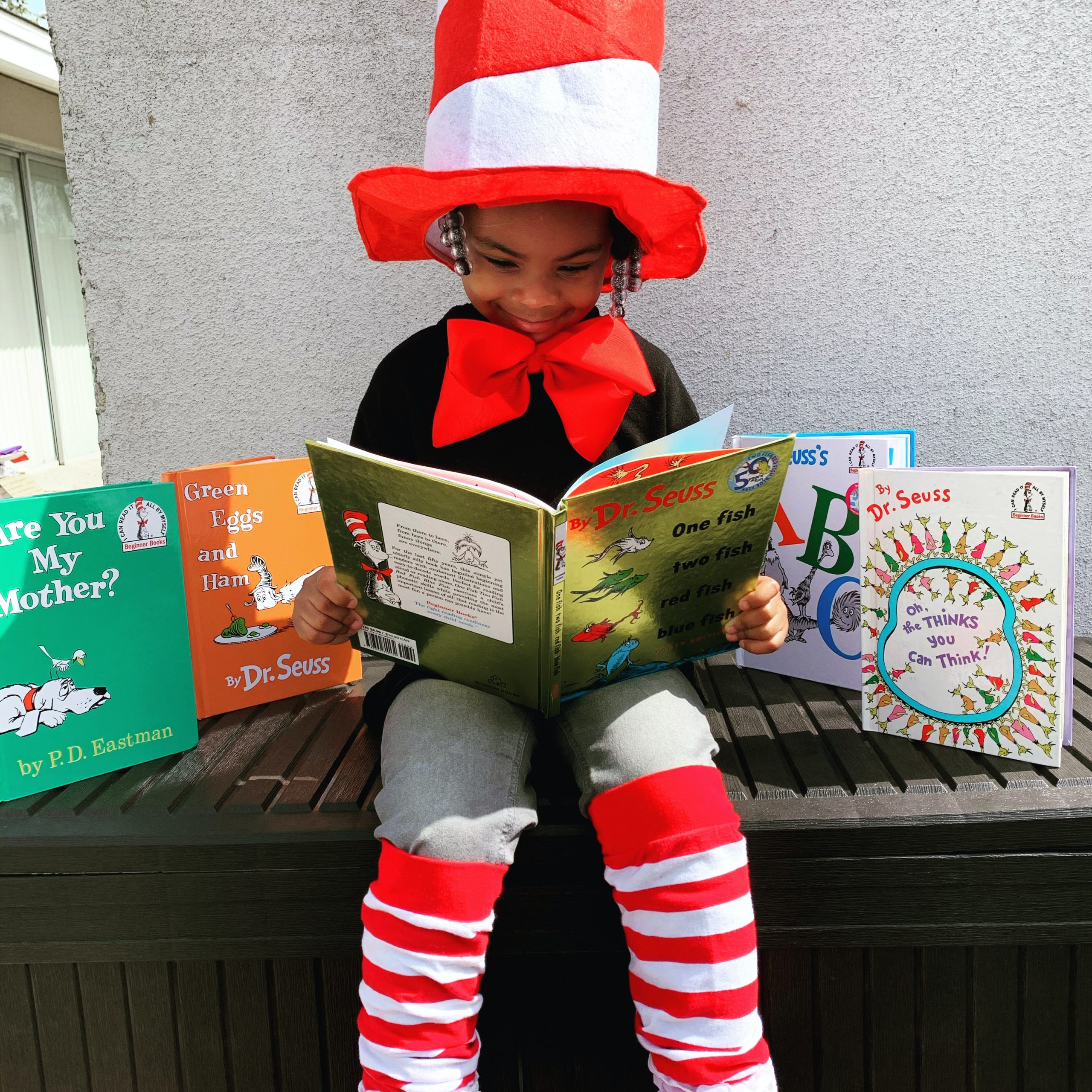
Megan Udinski, FISM News
[elfsight_social_share_buttons id=”1″]
Instead of celebrating the 65th anniversary of the beloved “Cat in the Hat,” Dr. Seuss is coming under the ‘cancel culture’ fire again.
In early 2021, six books in the Dr. Seuss canon came under fire for presumed caricatures of minorities. Now the mischievous feline known as “Cat” has been accused of minstrelsy, putting on blackface and stereotyping black Americans.
Kansas State English professor Philip Nel drew attention to the character claiming, “The cat is somewhere in between offensive and inoffensive.” He wrote the book “Was the Cat in the Hat Black?: The Hidden Racism of Children’s Literature and the Need for Diverse Books,” which seeks to uncover white dominance in children’s books including the Dr. Seuss library.
He specifically cites the white gloves and neckwear worn by the Cat as resembling the traditional garb of racist blackface actors. Nel tries to clarify that he is not “anti-Seuss” but rather acknowledging that “he was simply not immune to the prejudices of his day, and he does not operate outside of history.”
Similarly, Katie Ishizuka and Ramon Stephens authored a study in 2019 called, “The Cat is Out of the Bag: Orientalism, Anti-Blackness, and White Supremacy in Dr. Seuss’s Children’s Books” trying to debunk the idea that Theodore Geisel was a progressive, inclusive writer.
In spite of the controversy surrounding the well-known works, USA Today’s best selling books of 2021 include six Seuss stories in the top ten spots.
Many also feel that the cancel-culture hunt pursuing literature such as the Dr. Seuss’ collection is going too far.
Deborah Caldwell-Stone, director of the American Library Association’s Office for Intellectual Freedom, commented that her organization has fielded less than five complaints about the book “The Cat in the Hat” in the last four years. She said, “There is definitely a heightened awareness among library professionals that books be inclusive and welcoming,” adding that librarians should steer clear of “any form of censorship being used as a tool to address political agendas of any kind.”
Albert Mohler addressed this topic on the Christian news source The Briefing, stating that “[Geisel] was someone associated with the left, but guess what? Not far left enough,” and that seemingly nothing is safe from decontextualized criticism.
Nel did acknowledge, “These days, you’re either on team racism or team anti-racism, but in many ways, Seuss appears to be on both.”
It will be difficult for the “Cat in the Hat” to be canceled completely as the iconic feline represents not just a single book, but the entire line of children’s stories filled with fun literary language and silliness.
